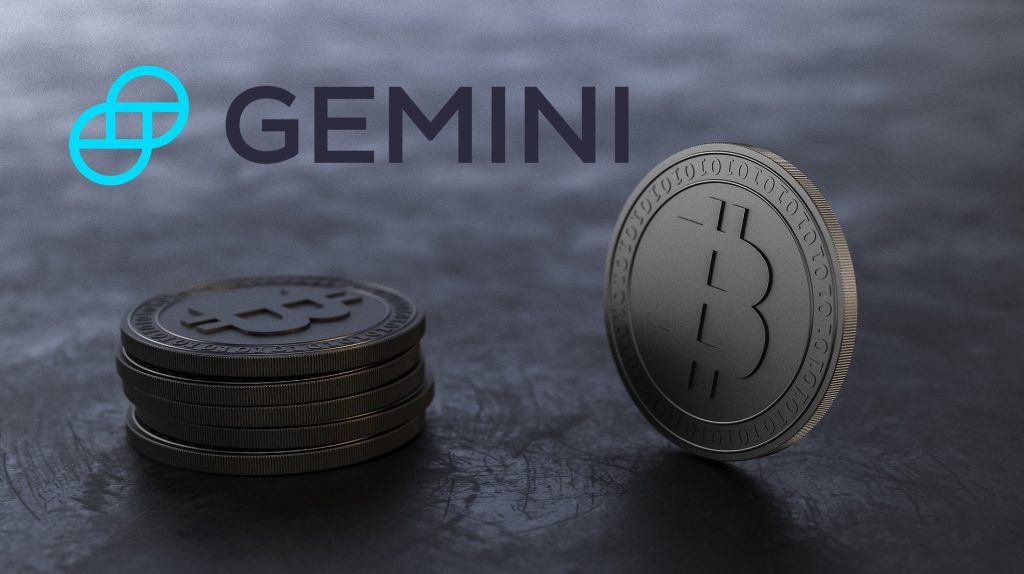The U.S Securities and Exchange Commission (SEC) put out on Thursday, July 26th, a report which rejected the Bitcoin ETF proposal which was submitted by the Winklevoss twins in the month of June.
The Winklevoss twins are known in the crypto world for being the founders of Gemini exchange and probably the first early investors in Bitcoin that succeeded to make a billion-dollar out of it. On Thursday, the proposal to approve the Winklevoss Bitcoin Trust’s shares on BATS BZX Exchange was voted down by the securities regulator with 3 votes against and 1 vote for.
SEC has claimed that its reasoning for rejecting the application filed by the Winklevoss brothers was because the proposal failed to address and prevent concerns involving fraud and price manipulation in the crypto market.
The SEC also wanted to point out in its document that this rejection was not to be perceived as a judgment on blockchain or cryptocurrencies. The document notes that the rule changes suggested by BZX after the first time their Bitcoin ETF was rejected back in February 2017, don’t meet the criteria required of the Exchange Act and the commission’s current guidelines.
“Although the Commission is disapproving this proposed rule change, the Commission emphasizes that its disapproval does not rest on an evaluation of whether bitcoin, or blockchain technology more generally, has utility or value as an innovation or an investment.
Rather, the Commission is disapproving this proposed rule change because, as discussed in detail below, BZX has not met its burden under the Exchange Act and the Commission’s Rules of Practice to demonstrate that its proposal is consistent with the requirements of the Exchange Act Section 6(b)(5), in particular the requirement that its rules be designed to prevent fraudulent and manipulative acts and practices,” read the document.
Then again, the SEC kept on maintaining that Bitcoin is a cryptocurrency traded on a global level, and most trading operations occur outside the agency’s range.
SEC, therefore, asserts that in such circumstance investor’s money have no protection against fraud and manipulations.
SEC went on to say that in order to alleviate these concerns, BZX would be required to “enter into surveillance-sharing agreements with, or hold Intermarket Surveillance Group membership in common with, at least one significant, regulated market relating to bitcoin” as “[s]uch agreements provide a necessary deterrent to manipulation because they facilitate the availability of information needed to fully investigate a manipulation if it were to occur.”
The document states that BXZ exchange strongly argued that the “geographically diverse and continuous nature of bitcoin trading makes it difficult and prohibitively costly to manipulate the price of bitcoin,” making it “generally … less susceptible to manipulation than the equity, fixed-income and commodity futures markets.
To this, the SEC retorted that since BZX “has not established that it has entered into, or currently could enter into, a surveillance-sharing agreement with a regulated market of significant size related to bitcoin,” it doesn’t have the right to claim that it has implemented the necessary measures to deal with the issues regarding fraud and manipulation.
Despite this decision, the SEC stated that it will be definitely taking into consideration more Bitcoin ETF proposals sometime in the near future.
The commission made the following statement:
“Over time, regulated bitcoin-related markets may continue to grow and develop. For example, existing or newly created bitcoin futures markets may achieve significant size, and an ETP listing exchange may be able to demonstrate in a proposed rule change that it will be able to address the risk of fraud and manipulation by sharing surveillance information with a regulated market of significant size related to bitcoin, as well as, where appropriate, with the spot markets underlying relevant bitcoin derivatives,” the agency continued. The Commission would then have the opportunity to consider whether a bitcoin ETP would be consistent with the requirements of the Exchange Act.”
